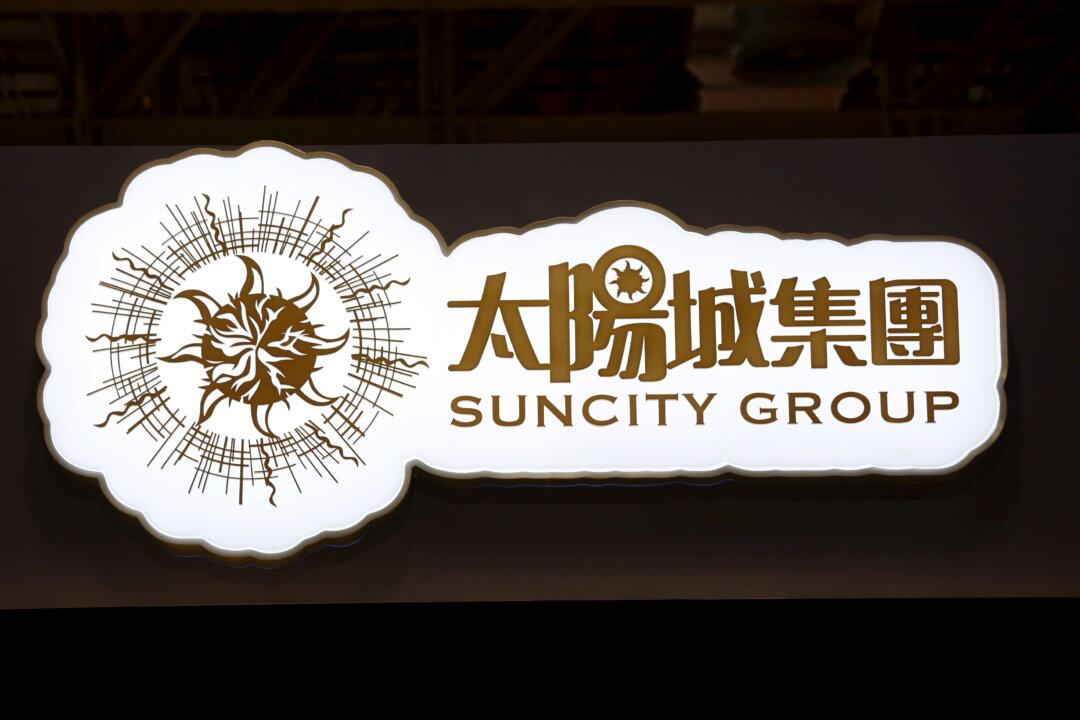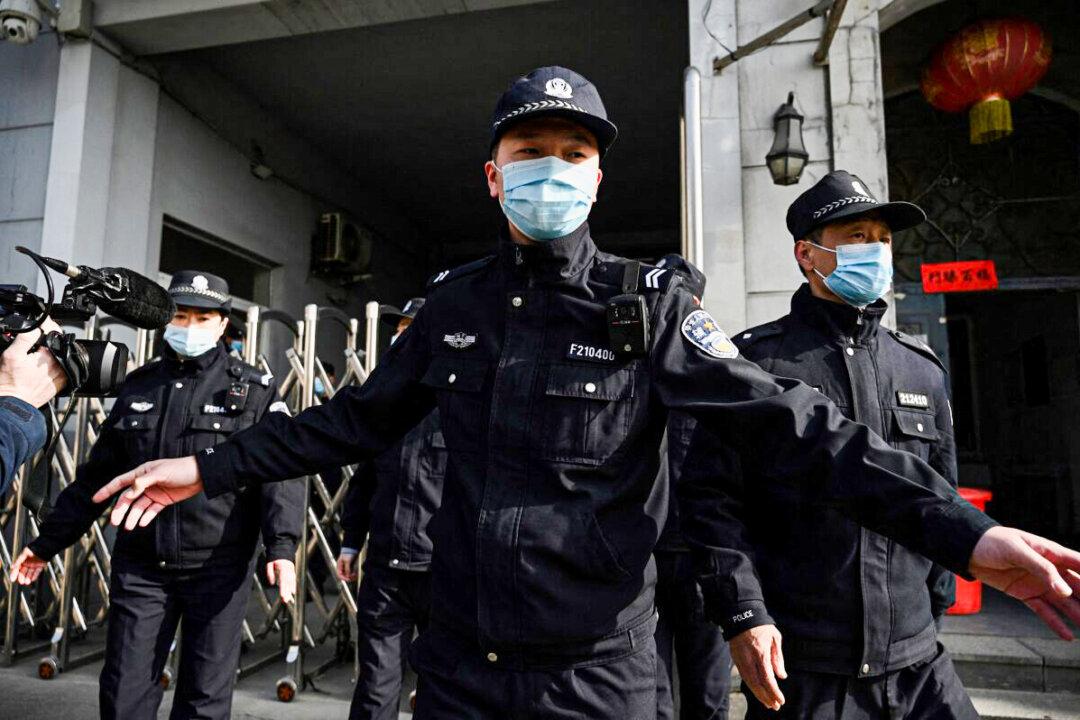News Analysis
Alvin Chau Cheok-wa, the head of Macau’s biggest casino junket operator Suncity Group, was arrested last week along with 10 others for allegedly running illegal cross-border gambling and a money-laundering syndicate. Junket operators are outfits that bring in high rollers to play at casinos.




